City & Guilds call for tailored support for women to balance the success scales

Kirstie Donnelly MBE, CEO of City & Guilds:
“International Women’s Day is a day to celebrate the success stories of women across the globe. And the success stories are aplenty.
“But that doesn’t mean our work is done. In fact, far from it. Our recent research, Youth Misspent, found that despite high ambitions, UK women in their 20s are often left trailing behind men. And this only entrenches as time progresses – with our current careers, employment and childcare systems limiting the earning potential of women and their ability to achieve their ambitions.
“Which is why we’re calling for change. This year, to tie in with the theme of ‘equity over equality’, City & Guilds are calling for tailored support for women to direct them Into high earning careers and remove barriers to employment – to balance the gender success scales for a fairer future.
“For example, the provision of better careers advice and guidance and greater workplace flexibility are just a few steps to creating positive change to allow women to better engage with the jobs market.”
City & Guilds recent research carried out amongst 5000 18-24 year olds in the UK found:
- There is no shortage of female ambition – 47% of young women disagree with the statement that they will never achieve their career ambitions, compared to 38% of young men
- But despite this, women feel less supported than men. Whilst 45% of men agree that they have all the support and information they need to get a dream job, this drops to just 36% of women.
- And this lack of support is reflected in the ‘success’ of women throughout their early lives, for example:
- While young women (23%) are more likely to already be working than young men (20%), young men (11%) are more likely than young women (6%) to have already purchased their own home
- Young men (17%) are more likely than young women (8%) to already be earning an above average salary (£28k)
To do so, City & Guilds are calling for:
- Better careers advice and skills mapping to unlock female potential. Providing this early on in the education journeys of young women will ensure they are equipped with the skills needed to progress and flourish in their later lives
- Strong mentorship. There are plenty of successful women out there, across all industries. These women must support aspiring young women by providing advice, council and a support network for their development.
- Less gendered industries. Employers in typically ‘male dominated’ industries should consider ways of making their roles more appealing to female candidates, such as improved flexibility and championing female role models
- More tailored employer support. Policy makers and employers will need to review how they engage with young women to ensure that they are providing them with the necessary support to maximise their career potential. For example, through providing better childcare support for parents, paid internships for women and bespoke training opportunities
Bailey Johnson is one example of a woman working in the typically male-dominated rail industry. An engineer working for Central Rail Systems Alliance, Bailey said:
“There are plenty of people who think I shouldn’t be working in rail because I’m a woman, but that only encourages me to prove them wrong. My advice to anyone who wants to work in rail, or any other male dominated industry, is don’t hold back – if you think you can do it, and you want to do it, then why not also prove them wrong. To help more women like myself to follow our passions and progress in our careers, we need more tailored support from employers and government, and better career guidance from an early age to open up the opportunities available to us.”


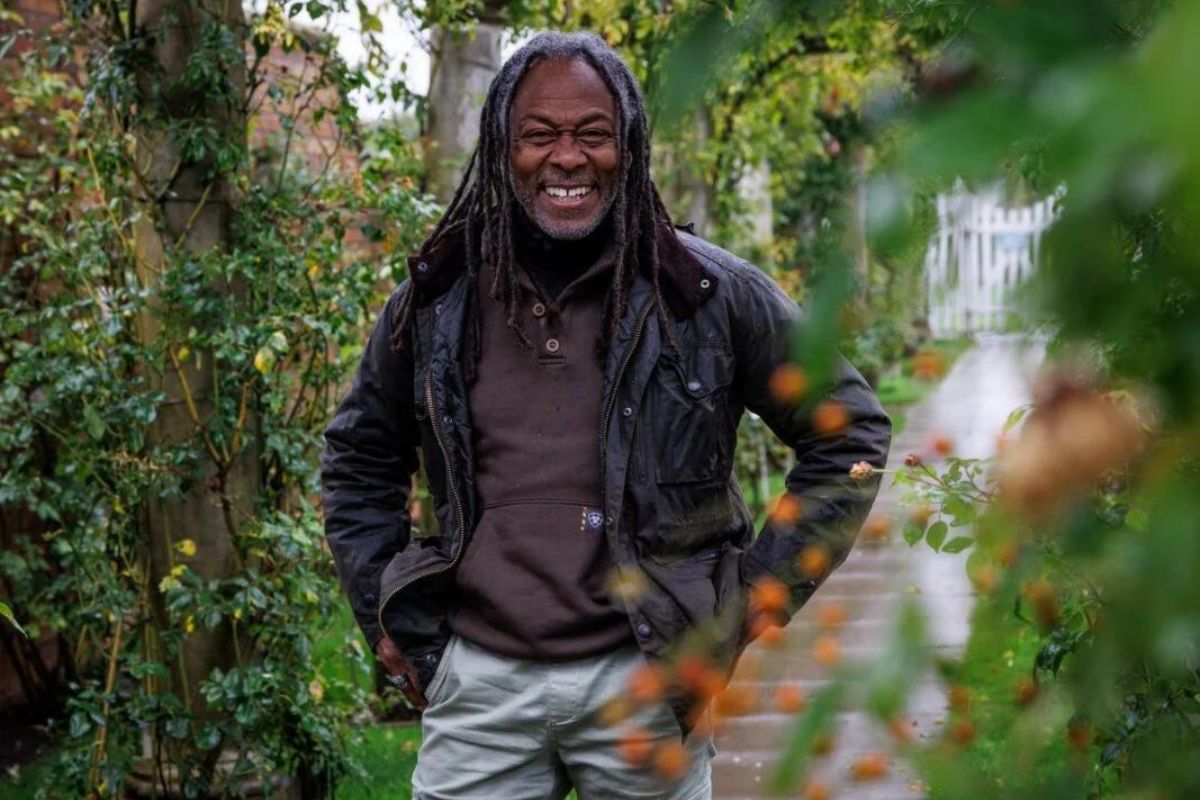
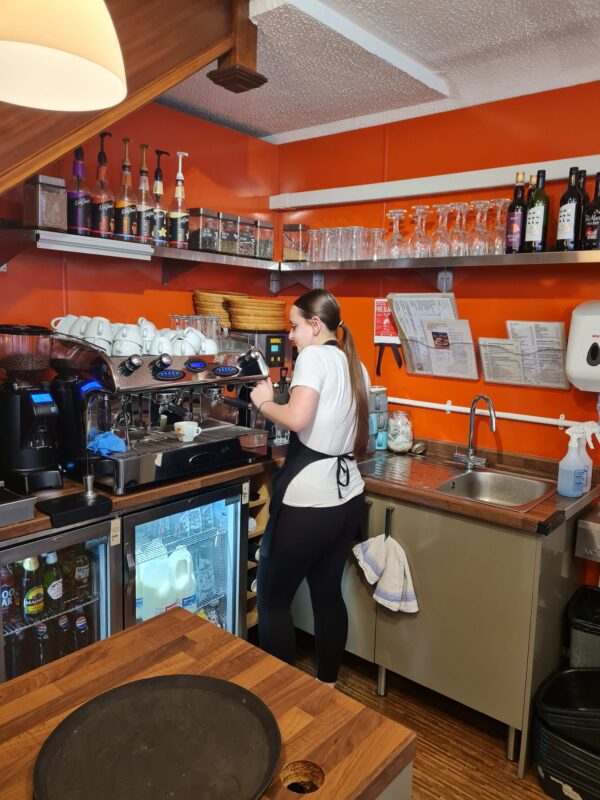

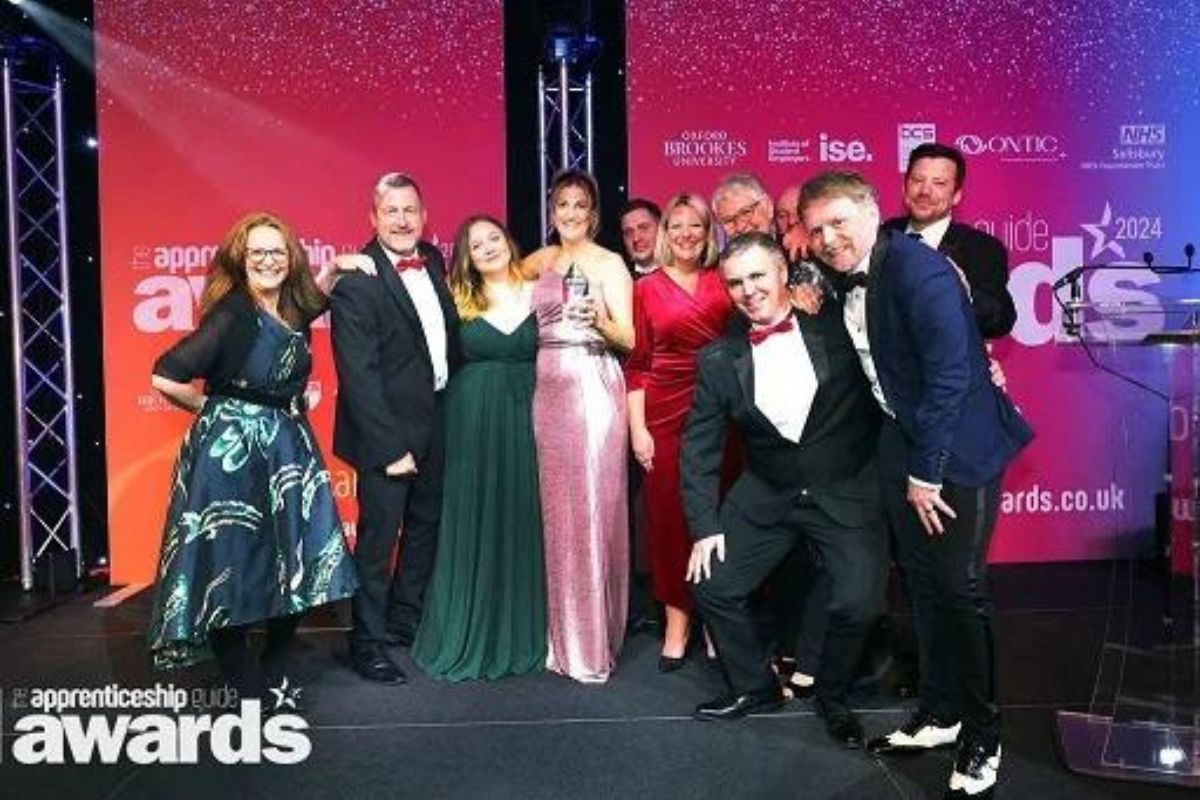
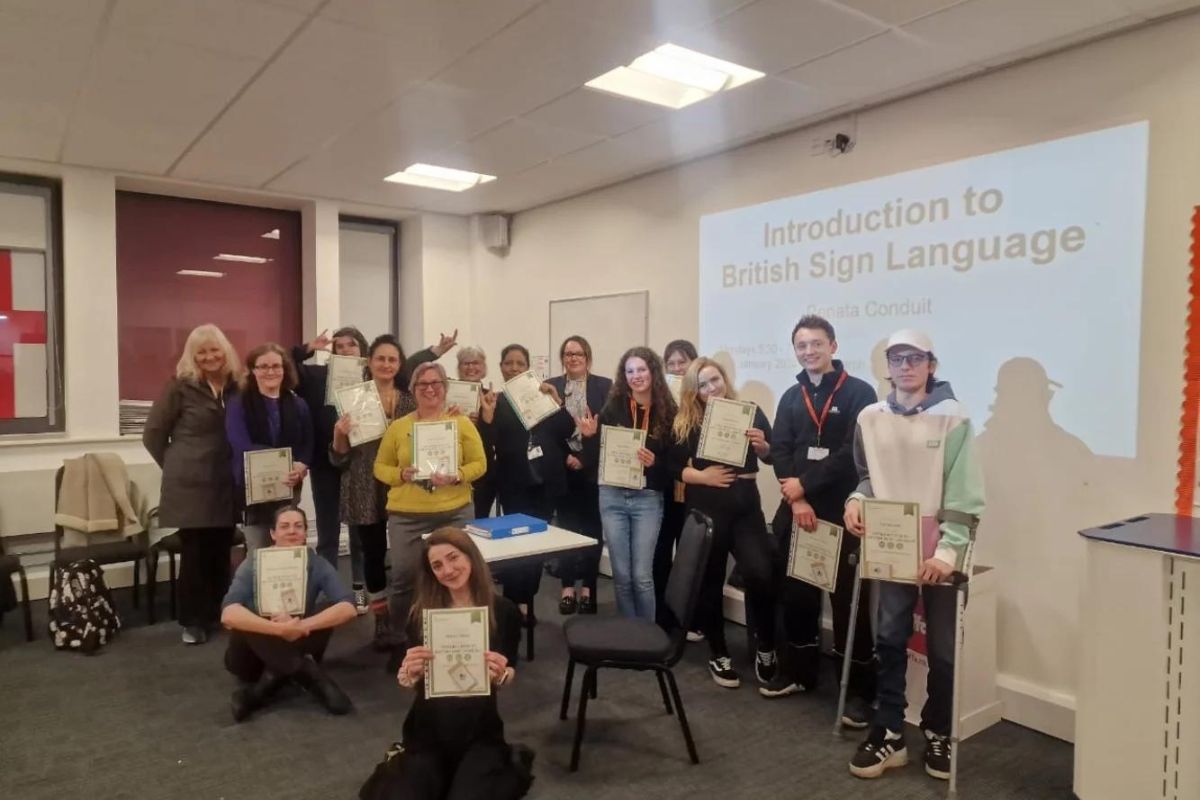


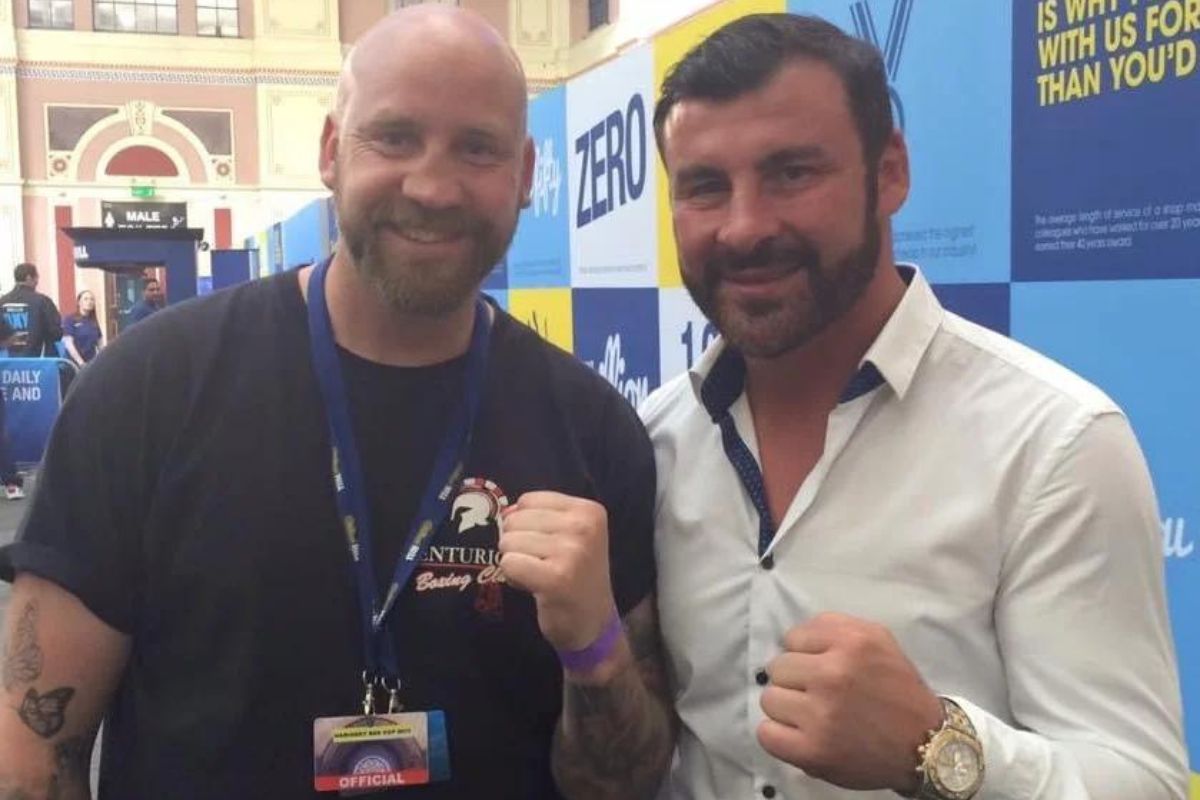
Responses